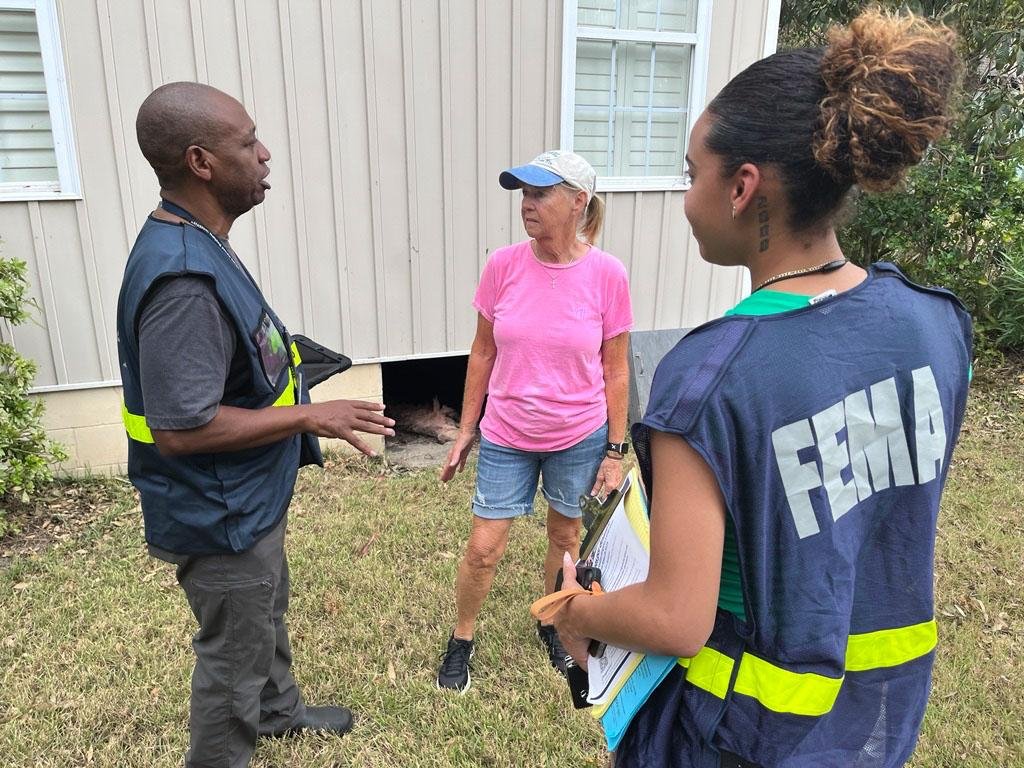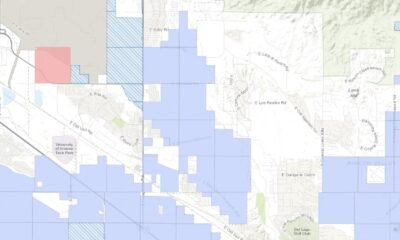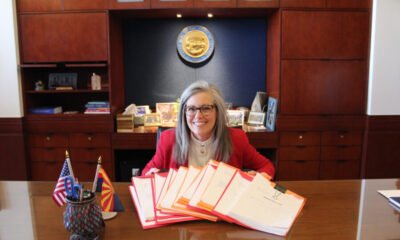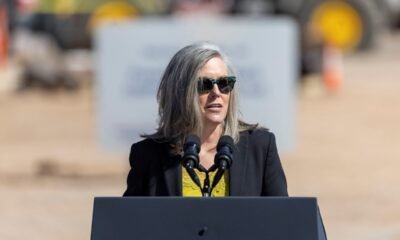crime
Republicans Misattribute Illegal Immigration to Hurricane Relief Amid Florida’s Milton Crisis

As Hurricane Milton impacts Florida and North Carolina residents are recovering from Hurricane Helene, Republicans are raising claims—largely discredited—that federal disaster funding has been compromised due to illegal immigration. U.S. House Majority Leader Steve Scalise, R-Louisiana, made a bold statement during a campaign event in Phoenix. He alleged that federal agencies, including FEMA, are misusing taxpayer dollars intended for American citizens to assist undocumented immigrants.
Former President Donald Trump has echoed similar sentiments. However, FEMA differentiates between funds allocated for disaster relief by Congress and those used to support cities housing migrants. Delving into the financial intricacies, it’s evident that in moments of crisis, worries about resource mismanagement can significantly influence political strategies.
Republican consultant John Feehery explained the political ramifications of natural disasters, suggesting that they invariably lead to political maneuvering. The integration of spending concerns with border security resonates deeply with the Republican base, tapping into skepticism about the current administration’s proficiency and priorities.
Last month, Congress augmented FEMA’s disaster relief fund by $20 billion within a stopgap spending package. Yet, several fiscal conservatives within the GOP opposed additional funding. Among the dissenters were some House Republicans representing states recently impacted by Hurricane Helene. Notably, five out of six Arizona Republican representatives joined their ranks, with only Rep. Juan Ciscomani of Tucson in favor of the funding.
Representative Paul Gosar of Bullhead City critiqued the federal response to Helene as “non-existent,” misattributing funds meant for disaster relief to Vice President Kamala Harris. Meanwhile, Rep. Andy Biggs of Gilbert asserted on social media that taxpayer money is being misallocated to assist undocumented immigrants under the guise of disaster aid.
In Arizona, border security remains a critical issue, as indicated by Republican pollster Paul Bentz of HighGround consulting. He noted its role in motivating Republican voter turnout and positioning it as a significant concern for the Biden administration. This ongoing interplay between disaster relief and border security creates a ripe environment for political discourse.
The current political situation is rife with accusations. Trump has wrongfully accused President Biden of ignoring communications from Georgia’s Republican Governor Brian Kemp, a claim quickly rebutted by Kemp. Additionally, Trump has targeted Harris, alleging she redirected aid meant for hurricane victims to support migrants, showing how such disasters can become politicized.
In response, Harris criticized Trump’s claims, denouncing the deliberate misinformation as dangerous, especially for those in urgent need of assistance. Her campaign launched digital ads featuring Trump’s former aides, highlighting his past attempts to withhold federal funds from predominantly Democratic areas.
Disaster funding has historically been a contentious issue. The mismanaged federal response to Hurricane Katrina in 2005 haunted President George W. Bush, revealing the perilous nature of navigating such crises. Similarly, opposition emerged during the Hurricane Sandy relief efforts in 2012, emphasizing divisions among Republicans on disaster funding.
As federal disaster responses evolve, the intersection of politics and humanitarian needs remains a critical focus for both party strategies moving forward. The electorate’s response to these narratives could significantly impact the political landscape in the coming months.


















